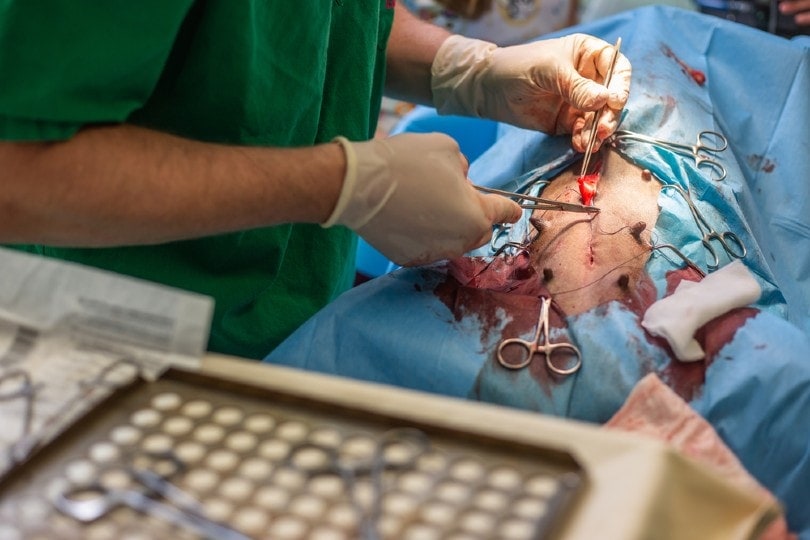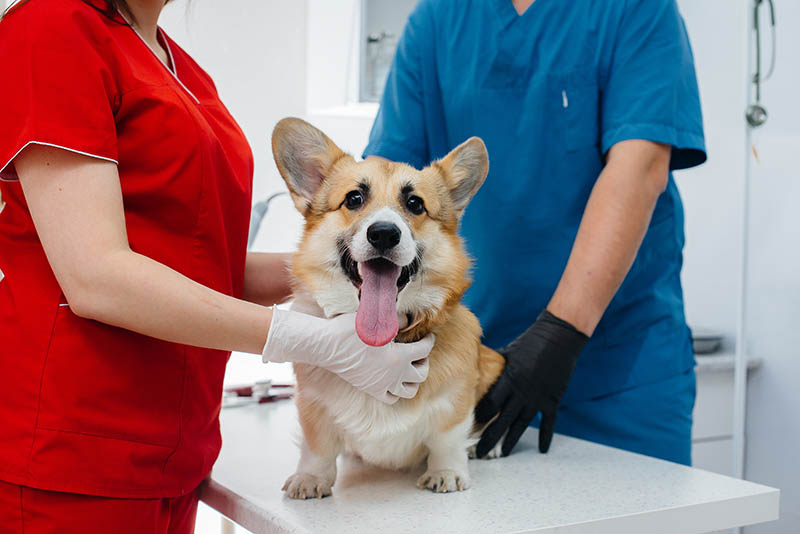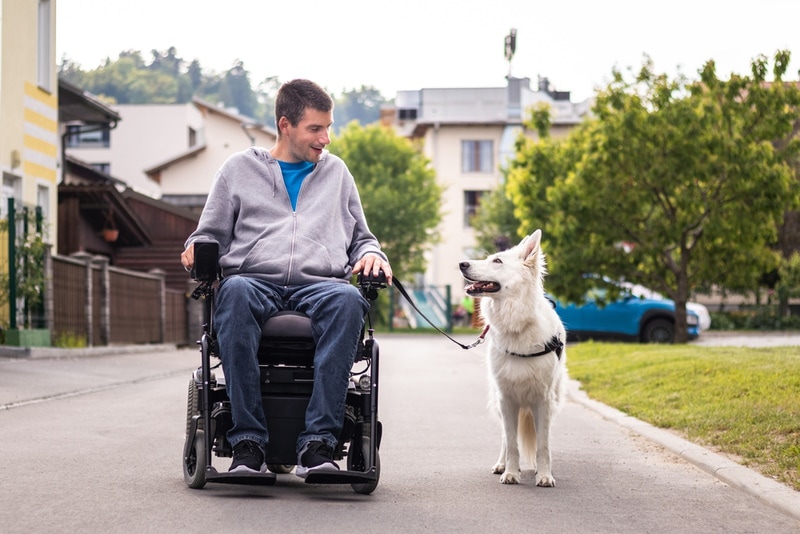When to Spay or Neuter a Corgi? Vet-Approved Care & Health Facts

Updated on

When it comes to your Corgi, there are a lot of things you probably don’t think about as much as you should. After all, they’re your dog – they love you unconditionally and they’re always there when you want to cuddle. But unfortunately, sometimes you have to make really tough decisions regarding your dog’s health, and this includes deciding to get it neutered or spayed.
Did you know that spaying or neutering your dog can have a positive impact on his or her quality of life and also extend their lifespan? But with so much information out there, it’s not always easy to know what’s best for your pet and your family.
Spaying and neutering are among the most common surgeries that pet owners have their dogs go through. However, there are pros and cons to both of these procedures. In general, the best time to spay or neuter your Corgi is, when it is still fairly young, but it depends on circumstances. We’ll discuss these so that you can make an informed decision for your own dog, as well as when the best time to spay or neuter your Corgi is if you decide that it is the right decision.
What Is Spaying or Neutering for Dogs?
One of the most common surgeries that dogs undergo is spaying or neutering, and Corgis are no different. Both of these procedures are used for the sterilization of dogs. As the name implies, this means that dogs will no longer be able to reproduce by the end of the procedures.

Pros of Spaying or Neutering Dogs
- It will help prevent your dog from developing certain cancers. Spaying or neutering your dog will help prevent them from developing reproductive cancers, as well as other cancers that are specific to their reproductive organs. These include testicular cancer, ovarian, uterine and mammary cancers.
- It can lower aggression in your Corgi. Dogs who have been spayed or neutered are less likely to wander away from home and may not be interested in fighting with other dogs. This can make your dog safer to have around children, neighbors, and other pets in your home.
- It can help you control your dog’s overenthusiastic behavior. Dogs who have been spayed or neutered may be less likely to be overly territorial or aggressive because of mating instincts. This can make them better companions and allow you to be more in control of the situation if you need to handle a behavioral issue.
- It will help prevent unwanted pups. If you have a purebred Corgi, spaying or neutering will prevent it from breeding with other dogs and having puppies. It can also help prevent your dog from contracting serious illnesses that can be transmitted through sexual contact.
- It can reduce the risk for certain types of infections. Certain types of infections can be more common in dogs who have not been spayed or neutered. These include urinary tract infections and infections of the reproductive organs such as pyometra.
Cons of Spaying or Neutering Dogs
- Behavior – Not all behavior problems improve with sterilization. Dogs with fear based aggression may not benefit from the surgery. If your dog has behavior problems consult with a behaviorist and your veterinarian first.
- It can increase your Corgi’s risk of obesity. The increase in obesity can be due to the fact that spaying or neutering can cause changes in your dog’s metabolism, which can lead to weight gain. Adjusting diet and exercise will help reduce the potential weight gain.
When Is the Best Age to Spay or Neuter Your Corgi?
The best time to spay or neuter your Corgi will depend on yours and their individual circumstances. It is something that should be discussed with your veterinarian. A 2020 study of 240 Corgis suggest that males should be neutered beyond 6 months of age to reduce the risk of intervertebral disc disease. However, there was no clear benefit in timing of spaying for females. The general guidance for spaying females is 3 months after their first season to balance pros and cons. Animals adopted from a shelter are likely to be sterilized before this time as population control is the main concern.
Spaying or neutering is a decision that is often made with your dog’s health in mind. Neutering your dog helps prevent certain types of cancer, such as testicular cancer, that are seen in intact dogs. Spaying your dog prevents maternity and pyometra, a severe infection of the uterus. Pyometra can be deadly if left untreated.

Does Spaying and Neutering Hurt Dogs?
Many dogs experience postoperative discomfort for a few days following spaying or neutering, so it is important to properly and safely administer pain medications provided by your vet.
When administering pain medication, there are a few factors to keep in mind, including the type of medicine, how much to administer, and how often it should be given. Some pain medications may be harmful if given too often or in high doses, so always check the label for instructions.
If you suspect your dog is experiencing pain after being spayed or neutered, there are some signs to look out for, including depression, lethargy, lack of appetite, and unwillingness to move around. Contact your vet for advice if concerned.
How Much Does Spaying and Neutering Cost?
There are many factors that affect the cost of spaying and neutering a dog. The facility, the type of procedure, size/weight of the dog, if any complications arise, and the age of the dog when the procedure is performed all have a role in determining these costs.
At a minimum, spaying a dog will cost around $300, while neutering a dog will cost around $200. When calculating the cost of spaying or neutering, consider the cost of the procedure, along with any other expenses like vaccinations, blood tests, heartworm tests, and transportation to and from the facility. Ask your veterinary clinic for an estimate of cost for the procedure.

Tips Before Setting Up the Appointment
Note that not every veterinarian is equipped to perform this surgery, and the cost will vary for each provider. Here are a few things you can do to make the process easier:
- Get your dog neutered as soon as possible after it reaches sexual maturity.
- Make sure you have an appointment before you leave home so that you can pick up the necessary recovery supplies needed for post-surgery at home.
- Make sure you have someone (if not yourself) who’s willing to take care of your dog while it’s recovering.
Final Thoughts
Spaying or neutering your dog is a decision that you will likely have to make when your dog is still fairly young. This is the best time to do the procedure, since it has a lower risk of complications than it does when your dog is an adult.
If you are unsure about whether spaying or neutering your Corgi is the right choice, consult with your veterinarian about what is best for your dog.
Featured Image Credit: Welshea, Shutterstock











